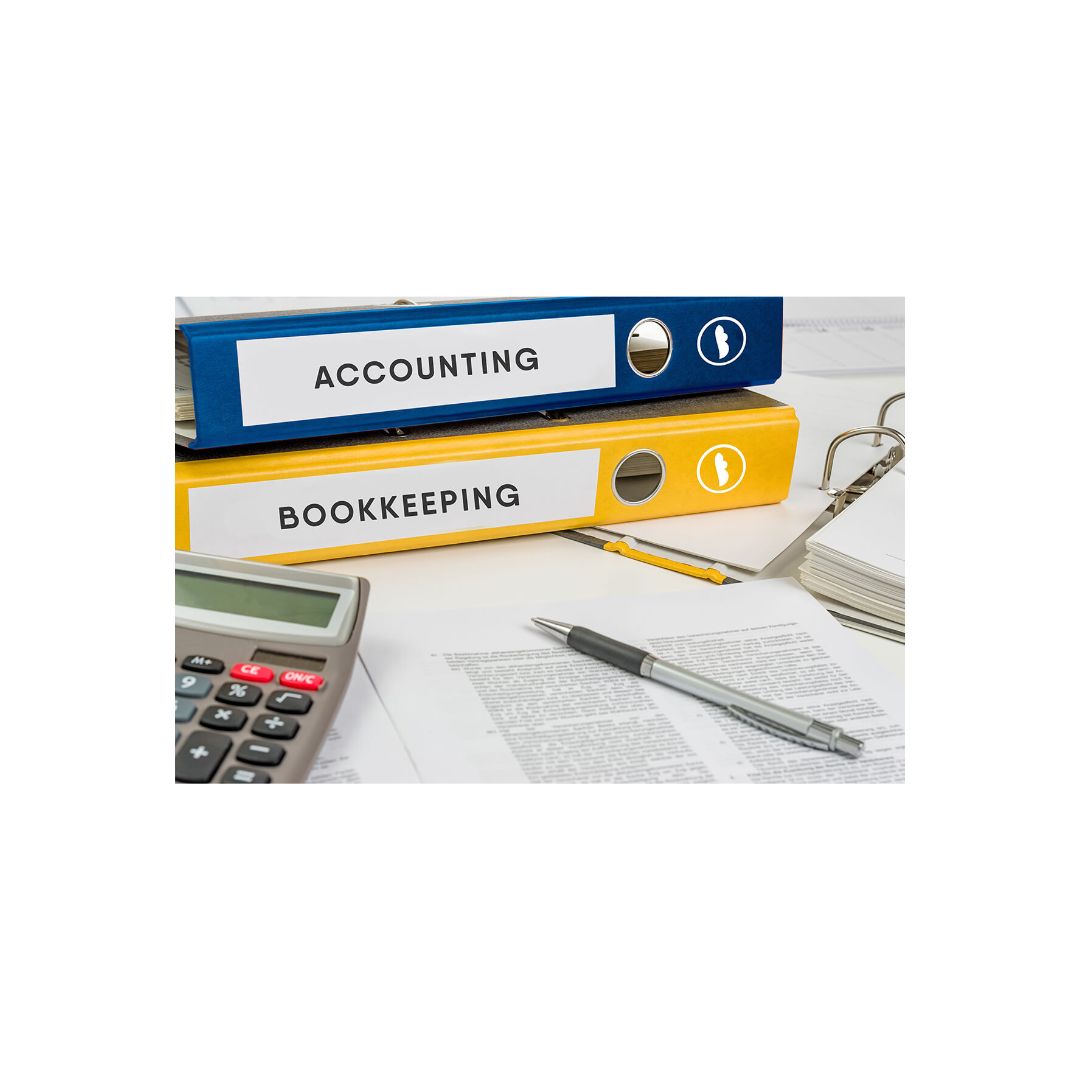![]()
Record Expenses in Bookkeeping

Wholesalers in India categorize and record expenses in their bookkeeping by following a systematic approach to accurately track their financial transactions.
Here’s how they typically manage it:
1. Expense Categories:
Wholesalers usually categorize their expenses into different categories based on their nature.
Common expense categories include raw materials, transportation, salaries, rent, utilities, marketing, and administrative costs.
2. Chart of Accounts:
A chart of accounts created, which is a structured list of all expense categories and accounts used for recording transactions. Each account can assign a specific code or number for easy reference.
3. Recording Transactions:
Expenses can record systematically in the accounting software or ledger books. When an expense incurred, it’s document by noting the date, amount, and description of the expense.
For instance, if they pay for transportation of goods, it’s recorded under the transportation expense account.
4. Receipts and Invoices:
Wholesalers maintain receipts, invoices, and bills as supporting documents for their expenses.
These documents serve as evidence of the expenditure and are crucial during audits or tax assessments.
5. Expense Authorization:
Larger wholesalers often have an expense authorization process in place. This ensures that all expenses are approved before being incurred, preventing unauthorized or unnecessary expenditures.
6. Matching Principle:
The matching principle is followed, where expenses can record in the same accounting period in which they contribute to earning revenue.
For instance, if goods purchased for resale, the related expenses recorded in the same period, even if the payment can deferr.
7. GST Compliance:
In India, the Goods and Services Tax (GST) impacts the way expenses can record.
Input tax credit can claime on eligible expenses, and GST-related documentation must be accurate and maintained.Expense Recording
8. Inventory Costs:
Wholesalers track inventory costs as part of their expenses. This includes the cost of goods purchased, transportation, storage, and handling costs associated with maintaining inventory.
9. Periodic Review:
Wholesalers regularly review their expenses to ensure accuracy and identify any discrepancies. This helps in maintaining clean and reliable financial records.
10. Account Reconciliation:
Reconciliation is performed to match the recorded expenses with actual bank statements or financial records. This process helps identify any errors or omissions.
Wholesalers in India categorize and record expenses by establishing clear categories, utilizing a chart of accounts, systematically recording transactions, maintaining supporting documents, and adhering to relevant taxation regulations such as GST. This organized approach ensures accurate financial reporting and helps in effective decision-making.
To visit: https://www.mca.gov.in/

For further details access our website: https://vibrantfinserv.com